PM Anwar's civilisational approach to the Malaysia-China relationship
Given the "civilisational lens" through which Malaysian Prime Minister Anwar Ibrahim views Malaysia-China relations, Anwar probably agrees more with the pluralistic vision contained in China's Global Civilizational Initiative than the binary vision of "democracy versus autocracy" popular in Washington today.
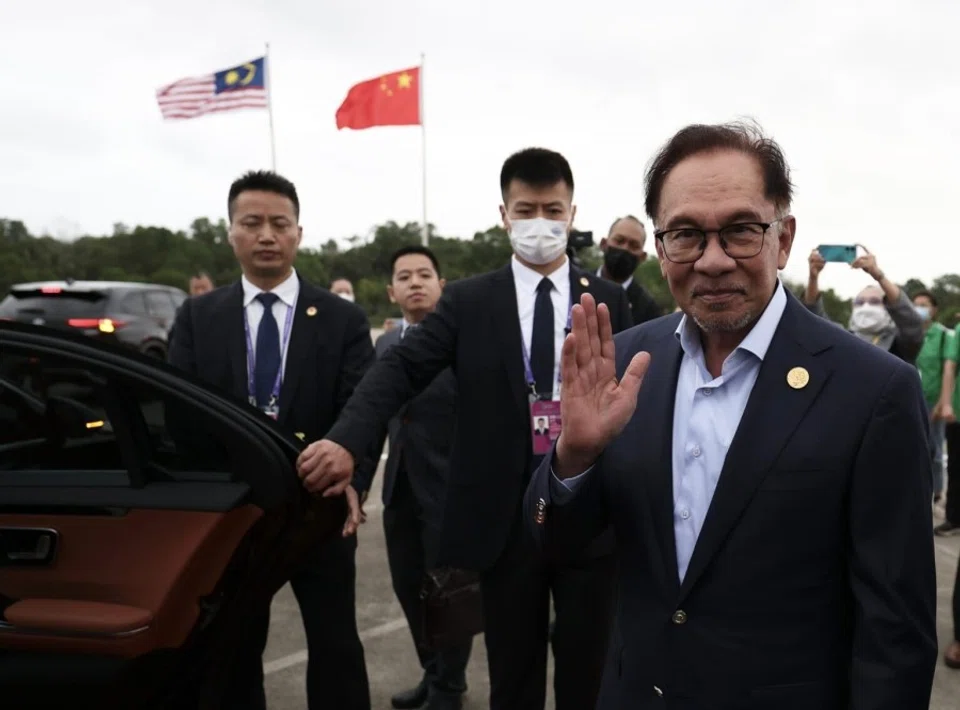
Anwar Ibrahim's first visit to China as prime minister of Malaysia in late March and early April this year reaped first and foremost many economic deliverables, in particular the investment commitment of up to RM170 billion as contained in the 19 MOUs signed between the enterprises of the two countries during the visit. Although it remains to be seen how much of that amount will eventually materialise, Anwar can rest assured that the visit achieved his economic diplomacy objectives.
Anwar praised Chinese leader Xi Jinping effusively during the meeting of the two leaders, and the Chinese hosts can only be pleased by the optics and outcome of this visit. Notwithstanding Anwar's later controversial (and off-script) remark on the possibility of negotiating with China on the South China Sea, the visit is generally seen as laying down a firm and optimistic trajectory in bilateral relations.
There is also a notable aspect in this visit to China by Anwar. In the readout of the meetings between Xi and Anwar, one of the themes that emerged from the text was the importance placed on "civilisation". The term appeared five times in the readout text.
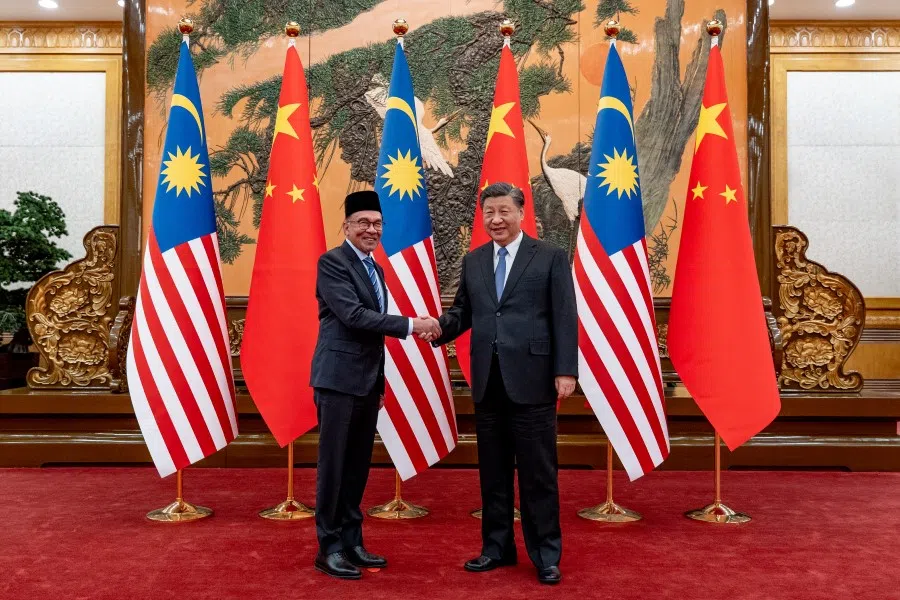
In contrast, in the readout on the meeting between Singapore Prime Minister Lee Hsien Loong and Xi Jinping (Lee visited China also almost during the same time as Anwar's visit), "civilisation" was completely absent. In my earlier article on Anwar's China policy before his visit, I mentioned that Anwar has a peculiar "civilisational lens" in approaching China, and this is indeed borne out by the readout of this visit.
This 1994 first-ever visit to China by Anwar was also the first time a Malaysian leader displayed such a highly appreciative outlook towards Chinese culture and civilizational heritage.
Anwar's 'civilisational perspective'
To retrace this "civilisational perspective" by Anwar further, it is necessary to recount some very interesting episodes in the earlier phase of Anwar's political career. In September 1994, Anwar, then as deputy prime minister, undertook a six-day visit to China. It was his first visit to China ever, and the itinerary, reportedly chosen by Anwar himself, was a fascinating revelation of Anwar's interest in China.
Other than Beijing and Shanghai, Anwar visited Nanjing and Shandong province (including the cities of Qufu, Qingdao, and Jinan). He visited Qufu to pay respect to the birthplace of Confucius, and also climbed the highly culturally revered Mount Tai in Shandong. In Nanjing, he visited the Tomb of Zheng He and the Sun Yat-sen Mausoleum.
The symbolism of Confucius, Mount Tai, Zheng He, and Sun Yat-sen was apparent, epitomising Chinese philosophical humanism, Chinese civilisation, a bridge to the Islamic world, and China's rebirth as a modern nation-state.
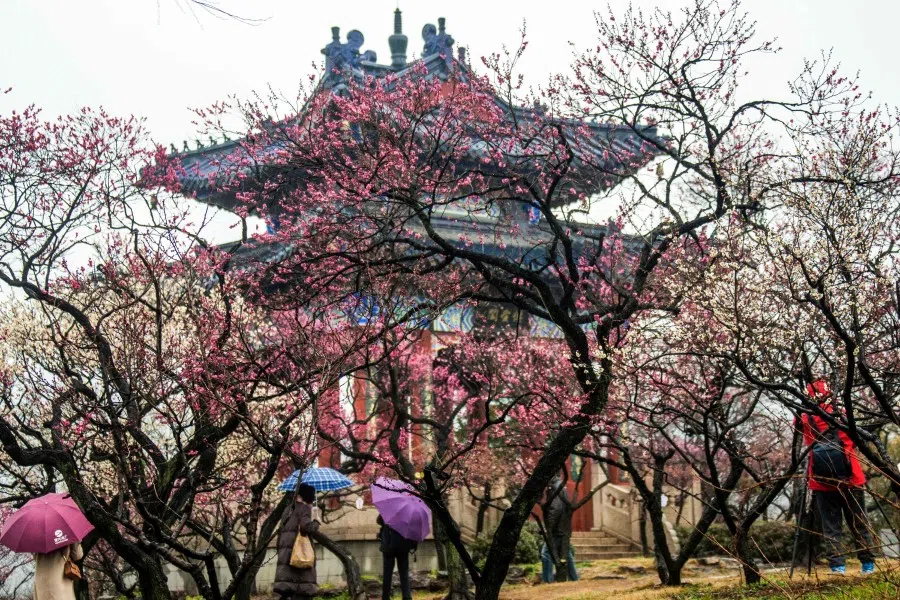
This 1994 first-ever visit to China by Anwar was also the first time a Malaysian leader displayed such a highly appreciative outlook towards Chinese culture and civilizational heritage. While Mahathir Mohammad could be rightly credited as the prime minister to have done the most to develop relations with China in the 1990s, Mahathir never really had much genuine interest in Chinese culture.
Anwar's appreciation of Chinese culture and civilisation, on the other hand, proved to be not just a calculated expediency to attract ethnic Chinese voters (Anwar had a somewhat strained relationship with the ethnic Chinese community in Malaysia in the 1980s), but a genuine attempt in civilisational dialogue.
"What we envisage for Asia as a whole in the next century is that it should become a greater contributor to the advancement of human civilization." - Anwar
In his 1996 book The Asian Renaissance, Anwar articulated strongly the necessity of civilisational dialogues in the backdrop of the theory of "civilisational clash" formulated by Samuel Huntington that was once fashionable in the 1990s. In the book, Anwar wrote:
The dialogue [between civilizations] should be continuous and motivated by a genuine search for true understanding. Each party must be prepared to come out of their mental cocoons and transcend the limitations of their thinking. Asia too has still as much to discover about the West, inasmuch as the West has to do more to understand and appreciate Asia... The challenge at hand is to conceive a common vision of the future which goes beyond our current concerns and preoccupations, advancing towards the creation of a global community, dominated neither by the East nor the West, but dedicated to the ideals of both (pp. 40-41).
What we envisage for Asia as a whole in the next century is that it should become a greater contributor to the advancement of human civilization. The Asian intellectual community must henceforth expend a significant part of its resources to nurturing and promoting the Asian heritage, especially those elements in the culture and traditions which not only characterize Asian identity but also contribute to the enrichment of a universal humane society (p. 100).
Civilisations within 'the East'
Anwar's frame of reference in articulating the above passages was one between Asia and the West, or East and West, but he was not unaware that dialogues between civilisations within "the East" mattered as much as between the East and West.
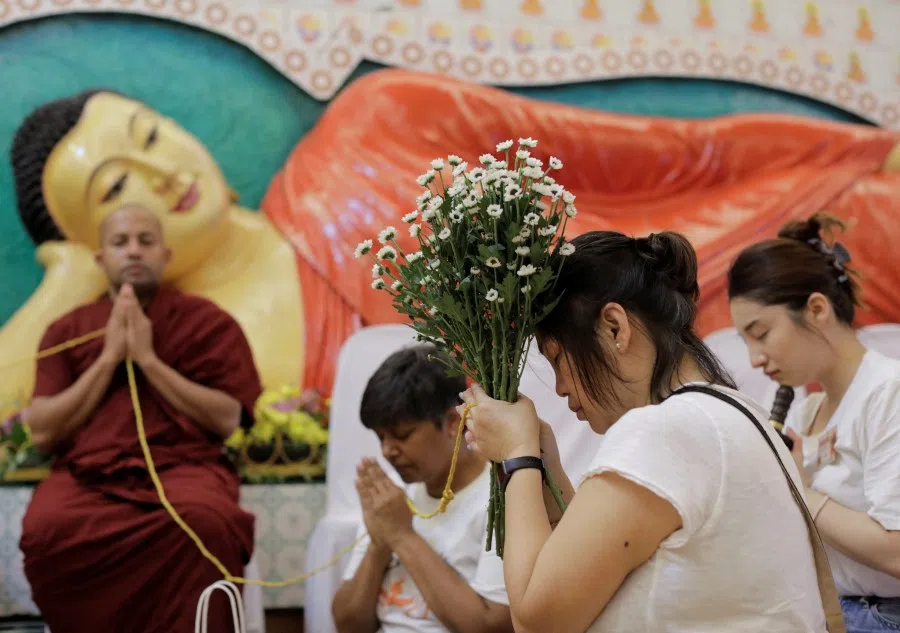
Under his sponsorship, a high-profile international conference on Confucian-Islamic dialogue was organised at the University of Malaya in 1995. Anwar's opening speech at the conference began with the passage: "This historic dialogue between Islam and Confucianism marks the beginning of a major development in the Asian consciousness. Until today discourses on comparative cultures and civilizations have been dominated by a preoccupation with the West." (Contained in the volume Islam and Confucianism: A Civilizational Dialogue, edited by Osman Bakar and Cheng Gek Nai, and published in 1996).
Anwar fell out with Mahathir in 1998 and was expelled from the government, and along with his departure was the official support of the Confucian-Islamic dialogue project. Various civil society groups within Malaysia have from time to time organized various efforts in engaging Confucian-Islamic dialogues, but never really achieved the same level of attention and support as the one Anwar sponsored in 1995. In finally being voted into power after the 2022 elections, Anwar has the opportunity to revive his life-long passion for fostering Confucian-Islamic civilisational dialogue.
...he probably agrees with China's pluralistic vision contained in the Global Civilizational Initiative more than the binary vision of "democracy versus autocracy" popular in Washington today.
Hence, China's proposal of a Global Civilizational Initiative will find a particular appeal to Anwar's Malaysia. Anwar brands his approach to governing Malaysia as one of "Malaysia Madani". ("Madani" is a term that is roughly similar to civilisation). His view of Malaysia-China relations will henceforth contain a certain imaginary of more than the relationship between two nation-states but reflects the broader civilisational dialogue.
This does not mean that calculations of national interests will not matter - these are almost always the first priorities, but such a "civilisational lens" does suggest that, when Anwar thinks of China, the major frame is not necessarily a communist party-state, a superpower with the potential to upend existing order, or a security threat in the South China Sea.
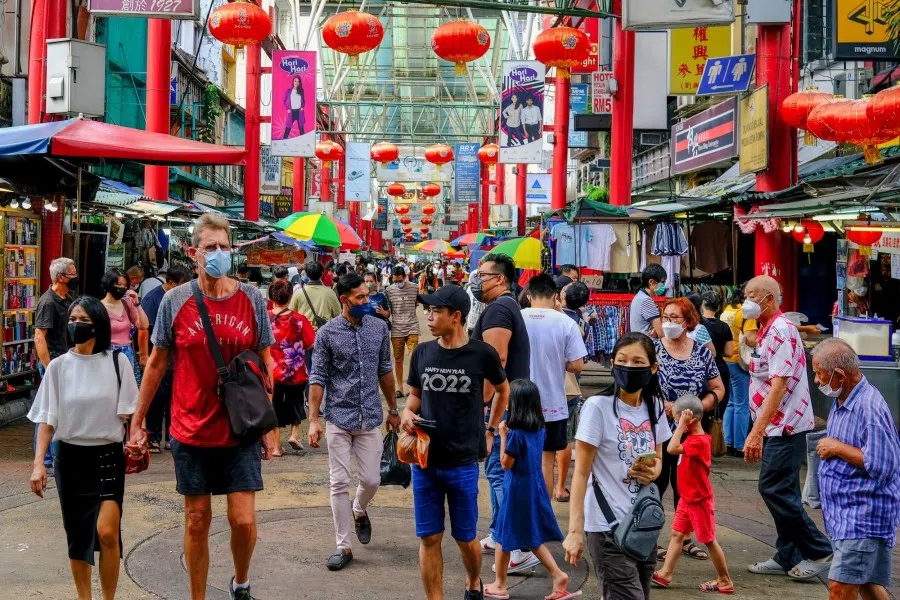
Anwar's worldview, therefore, will be significantly different from certain Western expectations that Anwar will align with the "democracies" against the "autocracies", notwithstanding his lifelong struggle for democratisation in Malaysia. In fact, he probably agrees with China's pluralistic vision contained in the Global Civilizational Initiative more than the binary vision of "democracy versus autocracy" popular in Washington today.
Malaysia, being a multi-ethnic, multicultural, and multi-religious society, is indeed an ideal site for the revival Confucian-Islamic dialogue projects and efforts. Past efforts in such engagement and dialogues, however, were not quite enduring and resilient, with only superficial engagements. To make such dialogues more meaningful, it needs to go beyond superficial-level engagements and genuine mutual understanding needs to be fostered.
True as Anwar lamented about 30 years ago, there is a lot more dialogue between Confucianism and the West or Islam and the West, but barely enough between Confucianism and Islam. In fact, at least within Malaysia, there has been only limited progress made in the past thirty years on this front. This will require serious and sustained commitment from the intellectual communities from both Malaysia and China, and from the broader Islamic and Sinophone worlds.



![[Big read] When the Arctic opens, what happens to Singapore?](https://cassette.sphdigital.com.sg/image/thinkchina/da65edebca34645c711c55e83e9877109b3c53847ebb1305573974651df1d13a)
![[Video] George Yeo: America’s deep pain — and why China won’t colonise](https://cassette.sphdigital.com.sg/image/thinkchina/15083e45d96c12390bdea6af2daf19fd9fcd875aa44a0f92796f34e3dad561cc)
